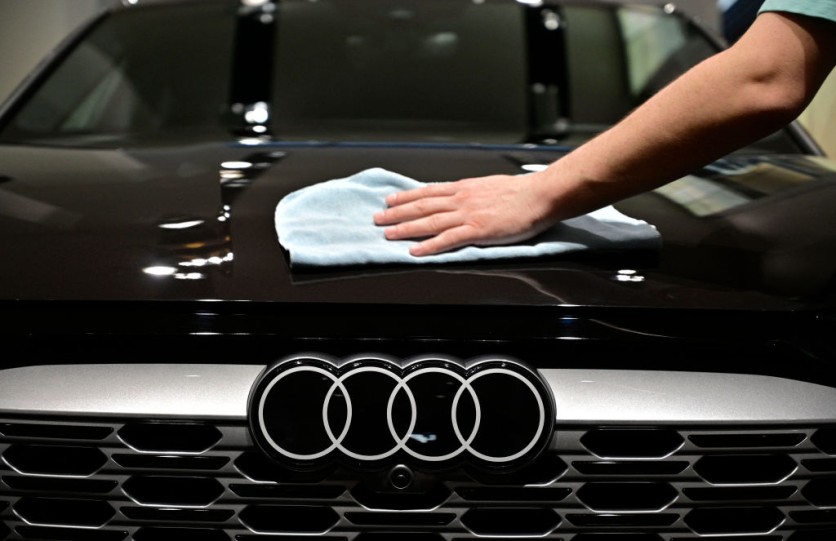Automakers in the European Union are not exactly facing hardships in their transition to electric vehicles, as it would allow the countries to continue selling internal combustion engine (ICE) cars even after 2035. However, these would only accept one specific power source, and that is e-fuel, also known as synthetic fuel to adhere to its climate policies.
The goal is to reduce the massive polluting properties brought by ICE cars in the present, and one of the choices here is to go fully electric, with an exception for climate-neutral fuels only for ICE cars.
EU Allows Continued Sale of e-Fuel-powered ICEs after 2035

The European Union has announced its decision to allow e-fuels, also known as synthetic fuels, to be used in internal combustion engine cars after 2035. The decision is part of the EU's ambitious efforts to reduce greenhouse gas emissions and transition to a greener economy.
This also closes down the opposition by Germany, as according to AP, the country first had a dispute over the overall cancelation of all internal combustion engines in the country.
This new deal would allow ICEs to live on, provided they only use carbon-neutral fuels, to have their vehicles registered among the countries under the EU.
According to Frans Timmermans, Vice President of the European Green Deal, the EU and Germany reached an agreement last Saturday, finally putting their cases to rest and moving forward with its plans for clean energy.
Synthetic Fuels or e-Fuels: Will they be Less Polluting?
E-fuels are synthetic fuels that are produced using renewable energy sources, such as wind and solar power and are made using carbon captured from the atmosphere or industrial processes. These fuels are considered to be carbon-neutral as the CO2 emitted during combustion is equal to the CO2 that was captured during the production process.
The EU's decision to allow e-fuels to be used in internal combustion engine cars is significant as it will provide a lifeline for the automotive industry, which has been struggling to transition to electric vehicles. It will also help to reduce the carbon footprint of existing vehicles and contribute to the EU's goal of reducing greenhouse gas emissions by 55% by 2030.
According to Engadget, making synthetic fuels that are energy intensive, and without direct air capture, is as much pollutant as conventional ICEs in the present market.
Clean Energy and Environment Preservation
Like the US, the EU also has plans to transition to clean energy vehicles by 2030, and it is through electric vehicles only using their batteries to power their cars.
Previously, there was a proposition by the EU to ban ICE cars by 2035, and while this is in place, the exception for e-Fuel-powered cars is already what it developed to after the opposition.
Still, this remains a massive step for the European Union, being one of the largest associations of countries in the world, to transition to clean energy, also allowing leeway for some car manufacturers.
Related Article : New Draft EU Law Aims to Prioritize Tech Repairs Over Replacements





![Most Useful Google Chrome Keyboard Shortcuts You Need to Know to Improve Your Browsing Experience [2024]](https://d.techtimes.com/en/full/449047/most-useful-google-chrome-keyboard-shortcuts-you-need-know-improve-your-browsing-experience-2024.jpg?w=184&h=103&f=476d29fd60df70a67f6679f99a2ca6d0)